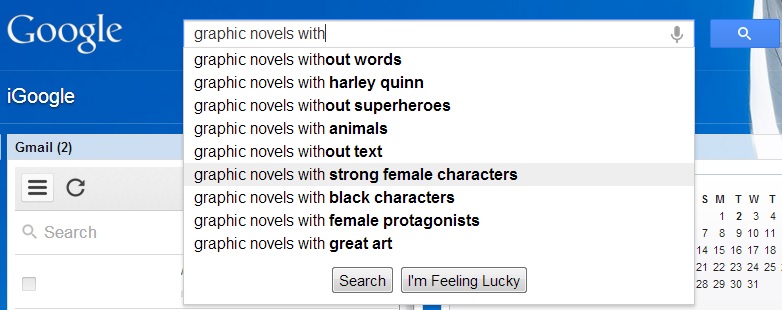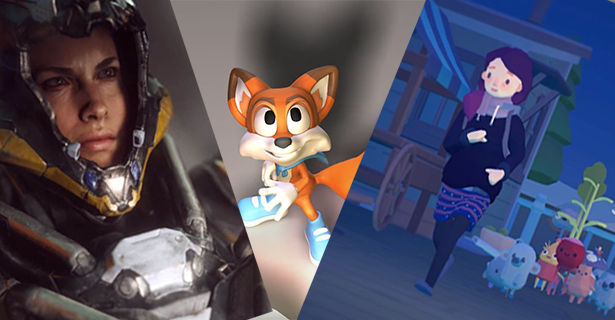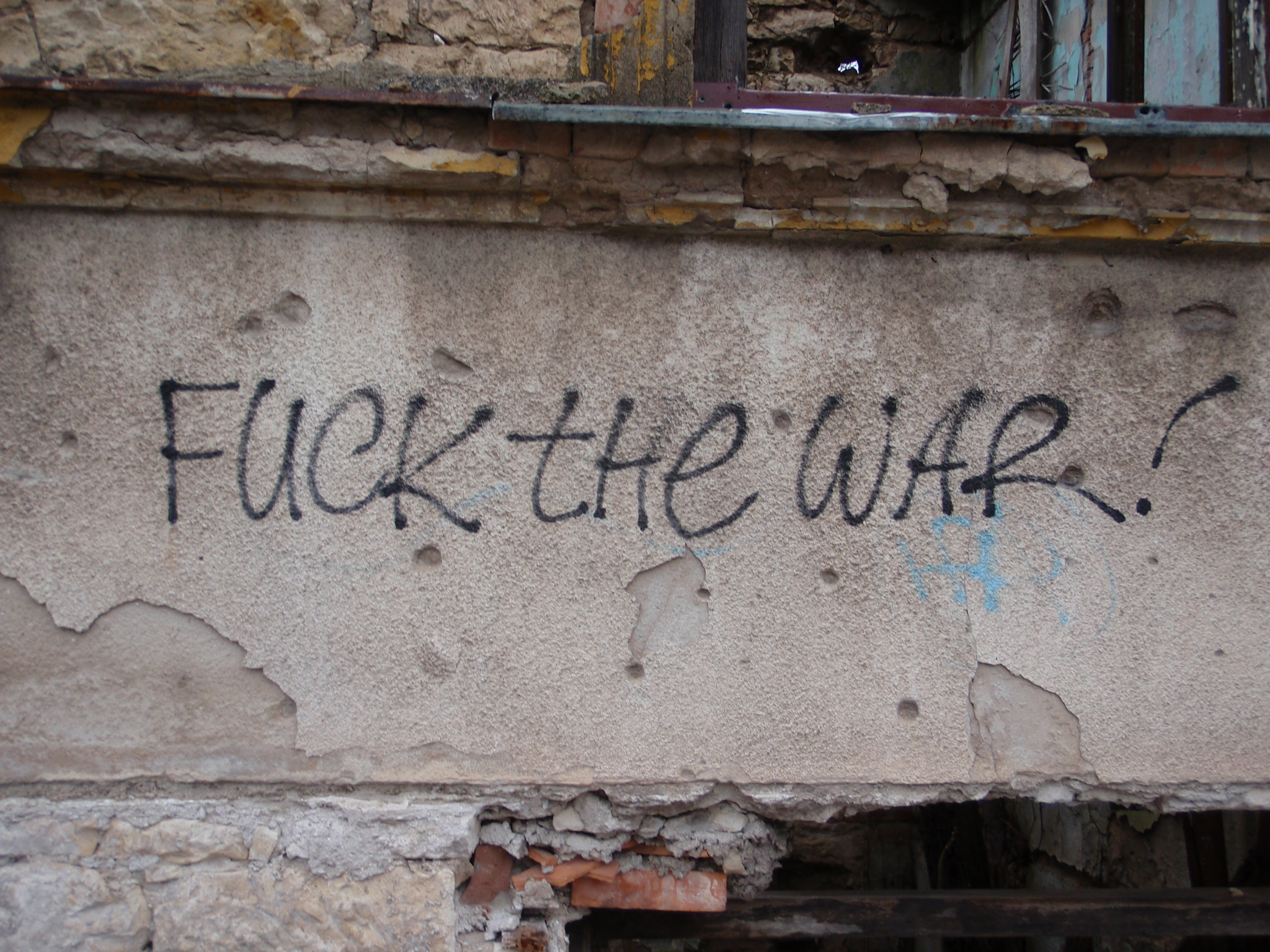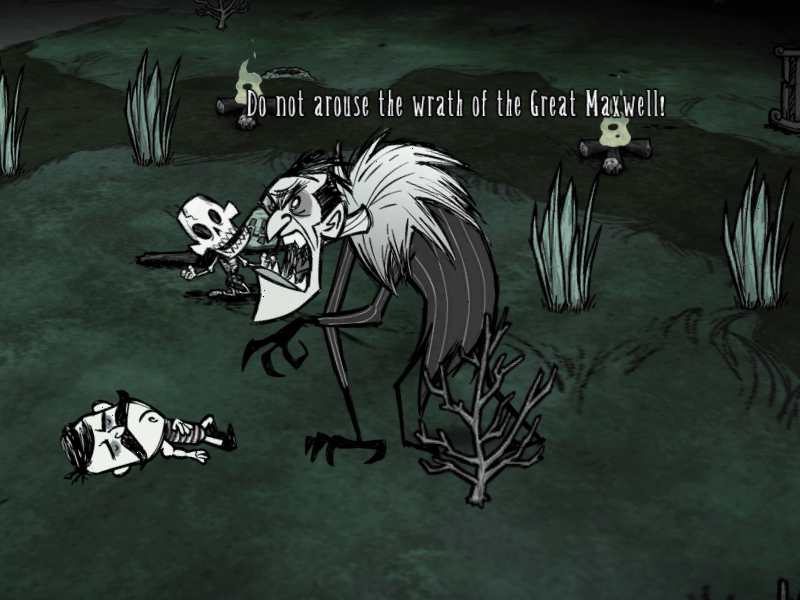I went to a Wine and Cheese Equity and Diversity Summit last week. This was held at my university to talk about the idea of implementing a racial issues course requirement to the common core. Now, I work at an urban university with plenty of diversity, in terms of ethnic diversity, racial diversity, religious diversity, class diversity, and so on and so on. Why would we need a racial issues course at a campus that has people living with racial issues daily?
Learning about race, segregation, discrimination, prejudice, institutionalized racism, systematic discrimination, and even the definition of straight up racism isn’t just for people of one color. All people need to know what these terms mean: if you present as a race that has systemic power or not; if you’ve ever had a racially tense experience or not. Race is a part of our society, so are segregation, discrimination, prejudice, institutionalized racism, systematic discrimination, and racism. Just like you should learn about the Revolutionary War because our society is impacted by it, just like you need to learn about physical science because the earth is comprised of elements, you need to learn about race and systemic, institutional racism because it is part of our world.
At this summit the only black woman in the audience spoke up: “how am I supposed to deal with the white anger in the room? What do I say to students who balk at the notion of white privilege because they’re poor, they’ve never seen their parents catch a break, and they don’t feel privileged?” She of course knew the answer when she asked it, though it still felt insufficient: you explain things institutionally. While one person may not feel the benefit from her race, or be directly attacked because of it, the systems are still in place that privilege one over the other. I make more than the most recent men hired at my university. But women still make 78 cents for every dollar that men make (and those numbers go down when we talk about women of color). Over time, these things even out: they will be more likely to be promoted into high paying administrative roles or research roles, and I will be left behind with my higher-than-average-but-still-shitty salary in my “lower” role. Students have a hard time understanding this idea. Gamers have a harder time.
Behind the scenes at NYMG, our writers struggle with GG, with race issues, with gender issues, with sexism, with trying to be as open and inclusive as possible while still spearheading the issues that fall closest to our hearts. Some writers express pity and empathy for GG-ers, and I think this goes for gaming allies across the board. I can see a GG-er sitting alone in his apartment, 30 years old, a livable wage IT job, gaming his only outlet—and has always been his only outlet. He has spent years passing by parties and f2f socializing, instead gaining immense joy from exploring fantasy worlds, uncovering bleeding-edge content, and participating in a wide array of forums, guilds, and online communiqué with fellow gamers. He’s told these games are racist and sexist, he hears “you’re racist and sexist,” and he responds with anger. His anger lands him in a GG chat room, and the fire of hate is stoked.
But on a parallel track, there is a 30-year-old woman who has always loved games. She uses voice-changing software to convince her guildies she is a male. She didn’t used to do that, but she ended up being stalked, inundated with sexual messages every time she logged on, and told she was a fucking cunt more times than she could count when she was found out to be female. She settles for playing male protagonists because that’s all that is available to her. She desperately wants to go to cons, but fears sexual assault. She ignores the overly sexualized female NPCs because, hey, at least there are some women in the game. She drudges through her day job, but unlike the GG-er, she can’t even admit to her coworkers she is a gamer because that will make her “weird,” and she detests the spotlight. She has trouble participating in forums because she constantly runs into messages where people talk about “raping” another guildie in a duel the night before, or they are discussing which female NPC is most fuckable, or they talk about how the only reason girls play the game is to get attention. She has less access to the meta-game because of this and can never reach that bleeding edge content.
Now, I’m sure there are some women who don’t have this experience gaming. I played solo games that were offline most of my life, and so the worst treatment from men I got was them saying I’m playing to many video games and need to step out into the sun. But that doesn’t mean my experience was the same as a male of the same age. They got to be the generic player: the Duke Nukem, the Nathan Drake, the Mario. They got to see themselves 90% of games. It was so common place they probably never considered it for a second. When there was a female protagonist, it was fun and novel. Of course I eventually got to be included as well, but that didn’t change how I was treated if I outted myself as a female player online or how accessible the industry is for woman. By the time women got close to being represented in more offline games, they went online and the harassment began. By the time companies started instituting harassment policies and curbing that kind of behavior, the gaming world began to be interested in making games. Now here we are barred from that entry as well: just look at Zoe Quinn who had the fucking gall to make a game, to participate in a part of the gaming world that isn’t passé, that hasn’t been picked over and left as scraps for those clawing for equality. Bleeding edge content in gaming by making games? Not for women the industry responds.
The GG-er I detail above may never have gotten anything specifically because he was a white male. But that’s not how privilege works. He was allowed to live, to explore, to thrive, to be the generic, the “of course.” He was never barred from entry; if he was called out, it was never on the base of his skin color or genitals. Of course he thinks sexism and racism is bullshit; he has never experienced it! He has never been a black woman who dares to laugh on a fucking wine train, a wine train, and been escorted off by the police. He doesn’t understand that when a book club of white women get together on a wine train, drink, laugh, and carry on that it’s seen as normal. When black women do it, it’s disruptive.
So that’s where we are at NYMG: we are disruptive. Not because anything we are doing is inherently disruptive, but because we have the fucking gall to stand up for equality in an environment that may not ever see us as insiders. And we give zero fucks.




